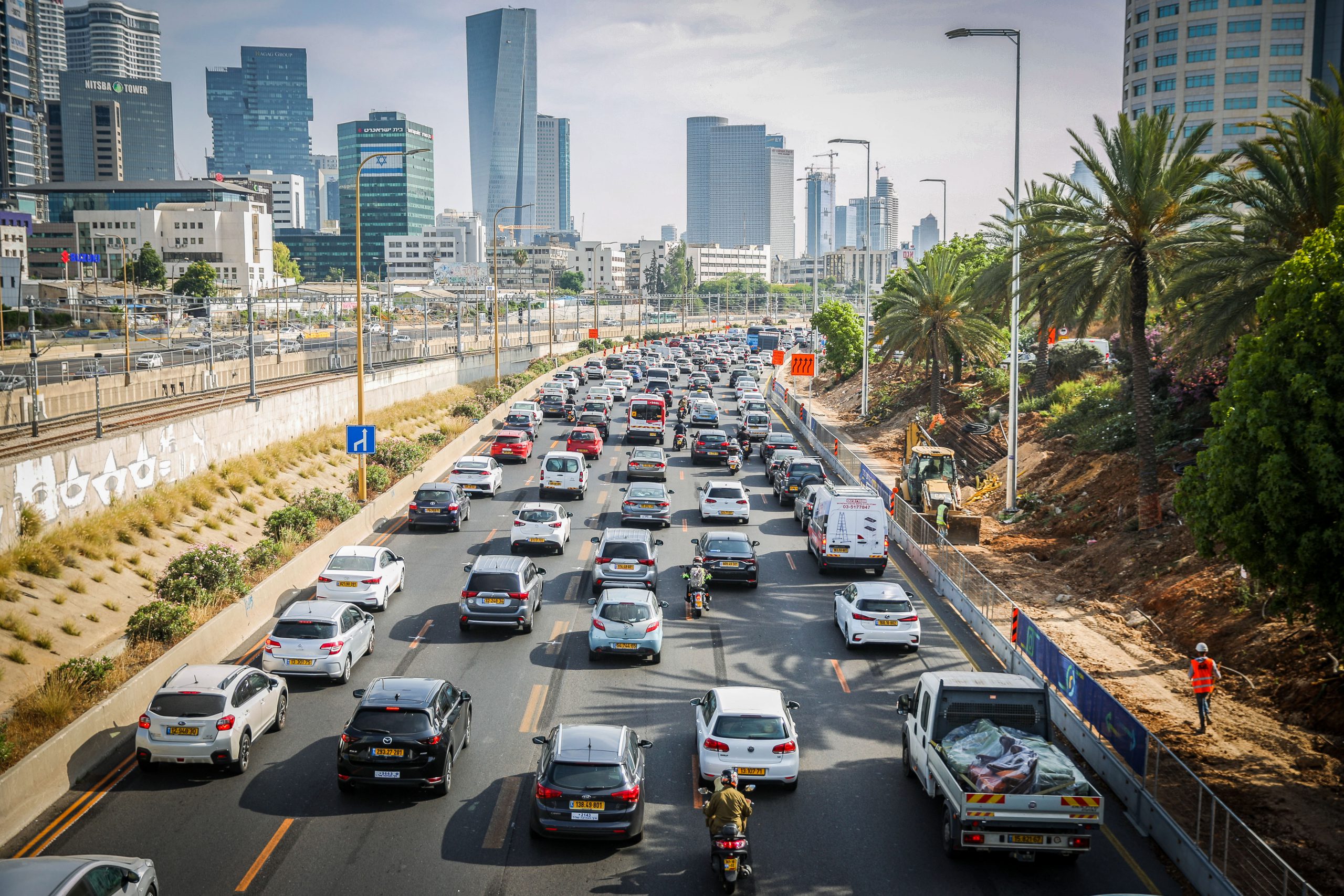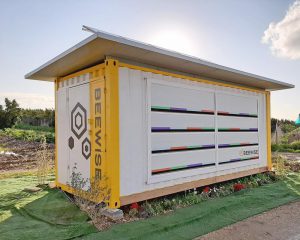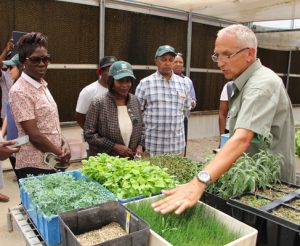Climate Action


Home » Climate Action » SDG 13 -Status Report: Environmental Protection – Part 1
SDG 13 -Status Report: Environmental Protection – Part 1
Read Part 2
A month ago we took a quick look at how Israel’s new government was shaping up when it comes to advancing SDG 13 (Climate Action) and SDG 15 (Life on Land). The initial picture seemed encouraging, but the urgency of the matter warrants regular monitoring.
Perhaps the most significant decision in the past month was taken this week when the government approved its “Low-Carbon Economy 2050” plan, according to which emissions from greenhouse gases will be reduced by at least 85% (in comparison with 2015) by 2050 with an interim goal of a 27% decrease by 2030.
In a tweet (Hebrew) welcoming the decision, the Environmental Protection Minister acknowledged criticism levelled against it to the effect that perhaps the plan doesn’t go far enough – including with regard to targets on electricity production from renewable sources – adding however that thanks to the compromises made “we set significant goals, we met our international commitment on time and, most importantly, we mobilized the entire government” (the Jerusalem Post noted that the EU is committed to 55% less greenhouse gas emissions by 2030, while the US has set a target of 100% renewable energy by 2035).


Apropos cleaner emissions: continuing early signs of intra-governmental environmental cooperation, the Ministers of Transportation, Environmental Protection and Energy recently announced, the launching of a new electric public transportation system costing 650 million shekels; the plan covers local and inter-city electric buses (as well as necessary infrastructure), pollution reduction, an environment-friendly commuter system, charging stations and clean transportation R&D. According to reports, implementation as per the timetable envisioned will require quick establishment of thousands of charging stations.
These new decisions come on the heels of a recent front-page report that originally triggered our reality check. Its banner headline – “Israel in Violation of Paris Climate Agreement, Risks ‘Global Embarrassment'” – was quite startling.
After reading through the report, we sensed that the gist revolved around differences of opinion in the previous government – now apparently resolved by its successor, at least at the level of intention. The report highlighted criticism from the head of the environmental nonprofit Homeland Guards, which sets as its goal “guaranteeing the fair and correct conduct of governments, corporations and companies towards the citizens and residents of Israel.”
At this point, while the Israel government needs to do more it appears to be on course; nevertheless, we will continue to monitor developments, aware that all too often good intentions can hit bumps – or worse, potholes – along the way.
Beyond that, we believe that the voices of civil society watchdogs are also important and should be heard – we’re here for them, too.
Related articles


SDG 15- Beewise – Redesigning Sustainable Beehives, for the 21st Century
Life On Land Introducing Beewise In recognising the fundamental role bees play in ensuring our current and future wellbeing, the Israeli-based company, Beewise, has created


SDG 15 -Environmental Protection Continuity
Life On Land Governments come and go; unfortunately, all too often vital issues fall by the wayside in the power transfer. A week into Israel’s


SDG15- Israel Brings Tree Technology to Kenya
Life On Land SDG 15- Israel Brings Tree Technology to Kenya The KKL-JNF (Keren Keyemeth LeIsrael – Jewish National Fund) has historically been the official


















